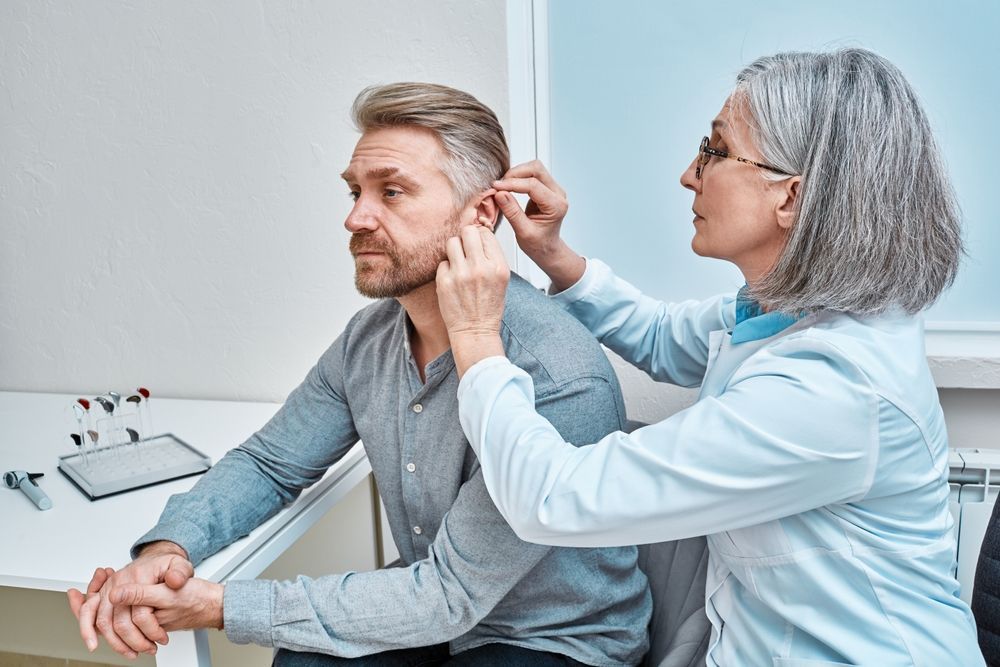What is the Expected Lifespan of a Contemporary Hearing Aid?

With proper care, hearing aids can last for a number of years, but their effectiveness depends on whether they’re programmed to your present level of hearing loss. Comparable to prescription glasses, hearing aids are customized to support your specific auditory needs, necessitating regular reassessment. Assuming appropriate programming and fitting, here’s a guideline for their longevity.
Do hearing aids have a lifespan?
Just like most commodities, hearing aids have a lifespan. Hearing aids will have a period of optimum performance much like any device will. Even sophisticated electronics, like your state-of-the-art TV, will eventually warrant an upgrade. It’s not surprising, then, that hearing aids also function within a lifespan.
Typically, hearing aids last anywhere from 2 to 5 years, although technological advancements might encourage earlier upgrades. Here are some of the most prominent factors affecting the lifespan of your hearing aids:
- Construction : Contemporary hearing aids are constructed from diverse materials, from nano-coated plastics, to metal to silicon. If you are especially accident prone, materials that are on the more robust side would be a better choice for longevity.
- Type : Hearing aids come in two primary forms: inside-the-ear and behind-the-ear. Behind-the -ear models will normally last 6 to 7 years due to the increased protection from moisture compared to inside-the-ear models which will typically last from 3 to 5 years.
- Maintenance : Needless to say, you will get a longer life from your hearing aid with conscientious care. Regular cleaning and maintenance will significantly prolong functional longevity.
- Batteries : Modern hearing aids nearly always use rechargeable batteries now, but battery type can definitely effect longevity.
While the estimated lifespan is based on typical usage, failing to use or maintain your hearing aids might impact their efficiency. Professional check-ups and cleaning courses are essential to ensure proper fit and functionality, especially considering potential wax build-up.
Expecting when to replace your hearing aids
You might find that it’s time for an upgraded when, over time, you start to detect a drop in the performance of your hearing aid. Here are a few situations where you might need to upgrade sooner:
- Lifestyle shifts : Changing lifestyles may demand features like waterproofing or increased durability, compelling an upgrade to better suit your needs.
- Hearing changes : Considerable alterations in hearing levels necessitate reprogramming for optimal results, prompting consideration of a new pair of hearing aids.
- Technological advancements : You might consider an upgrade to a more current and state-of-the-art model that has recently been launched.
Predicting the precise time frame for hearing aid replacement proves a challenge, given the wide range of variables. But 2 to 5 years is generally a dependable guideline.
Think it might be time for an upgrade? Contact us today to schedule an appointment.


